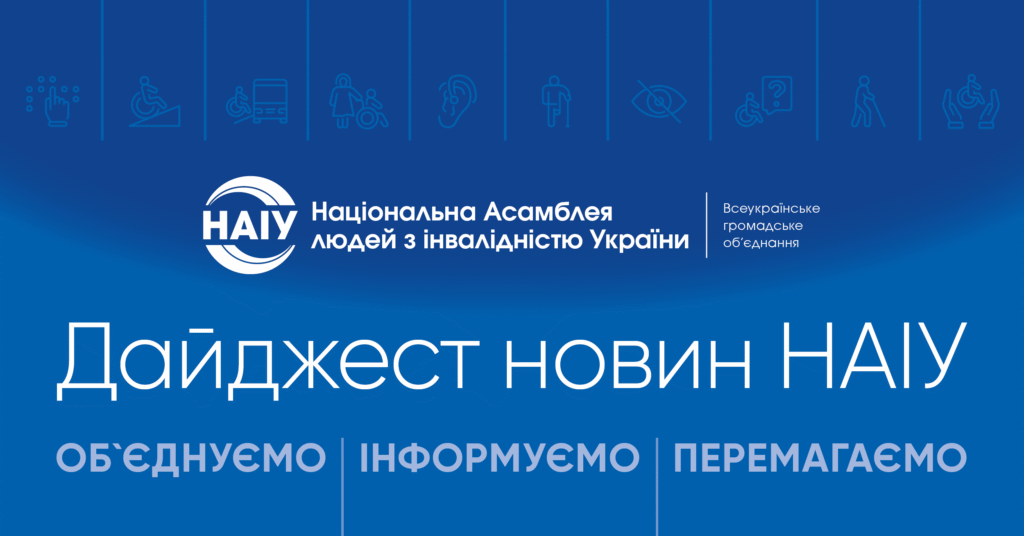On October 15, the training on burnout prevention and safe treatment of psychologically traumatized IDPs, war veterans and their families began.
The training was organized within the framework of the project "Disability-inclusive multisectoral humanitarian assistance for internally displaced persons (IDPs), returnees, veterans and host communities in Ukraine", implemented by the National Assembly of Persons with Disabilities of Ukraine with the support of the German Federal Foreign Office, CBM and the European Disability Forum (EDF).
The purpose of the training is to structure the knowledge of the participants on mental health issues, to provide practical knowledge for working with populations who have suffered physical and mental trauma as a result of hostilities. It also aims to prevent professional emotional burnout among healthcare workers and improve the professional level of healthcare professionals in dense communities in Volyn, Poltava and Chernivtsi regions.
Trainer Maryna Pryschepa, a military psychologist, started the training with a module on burnout. She spoke about its features and causes among medical professionals. A practical exercise using the MAC helped participants find their internal reserves. The first day's program also included a module on the stages of burnout and art therapy "Expanding the Resource".
On the second day of the training, participants will learn about self-massage and study the impact of burnout on human physiology and psyche, including sleep disorders. They will also do practical exercises to regulate stress. They will also get acquainted with art therapy techniques, such as neurography and exercises that will help them understand the mechanisms of self-regulation.
The final third day of the training will be devoted to the experience of communicating with veterans and IDPs. The program will include practical exercises, calming breathing techniques, as well as an introduction to adaptation factors and the six-channel BASIC Ph. The training will end with the Conflict Behavior Model test and breathing exercises.
We thank all the participants for their active participation and exchange of experience!
*****
Today, training began on the prevention of burnout and the safe handling of psychologically traumatized IDPs, war veterans and their family members.
The training was conducted within the framework of the project "Multisectoral humanitarian aid incorporating disabilities for internally displaced persons (IDPs), returnees, veterans, and host communities in Ukraine", which is being implemented by the National Assembly of People with Disabilities of Ukraine with the assistance of the Ministry of Foreign Affairs of Germany, CBM, and the European Forum on Disability Issues (EDF).
The purpose of this training is to enhance participants' knowledge of mental health issues and provide practical knowledge for working with the population who have suffered physical and mental trauma as a result of hostilities. The prevention of professional emotional burnout among medical professionals and the enhancement of the professional level of specialists in medical institutions in dense communities in the Volyn, Poltava, and Chernivtsi regions.
A military psychologist, Maryna Pryshchepa, kicked off the training with a lesson on stress. She discussed its features and causes among medical professionals. A practical exercise utilizing MAK assisted the participants in identifying their internal reserves. A module on burnout and art therapy "Expanding the resource" is included in the first day's program.
The second day of the training will see participants mastering self-massage and examining the impact of burnout on our bodies and minds, with a particular focus on sleep disorders. They'll do some practical exercises to ease stress. They will be acquainted with the methodologies of art therapy, including neurography and exercises that will help in comprehending the mechanisms of self-regulation.
The final three days of the training will be dedicated to the experience of communicating with veterans and IDPs. In the program, there are practical exercises, calming breathing techniques, and familiarization with adaptation factors and the six-channel model of BASIC Ph resources. The training will include a conflict behavior model test and breathing exercises.
We thank all participants for their active participation and sharing of experience!














